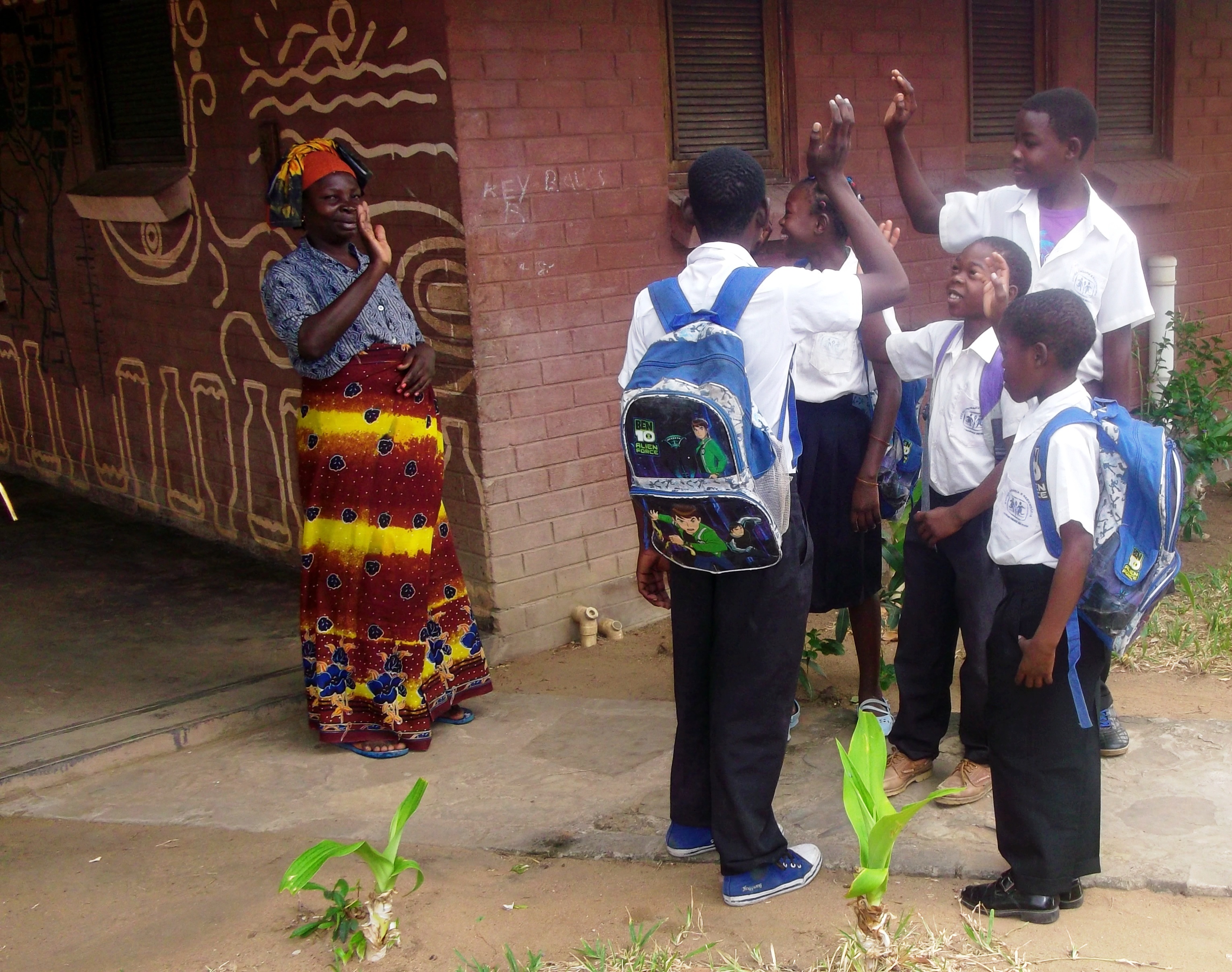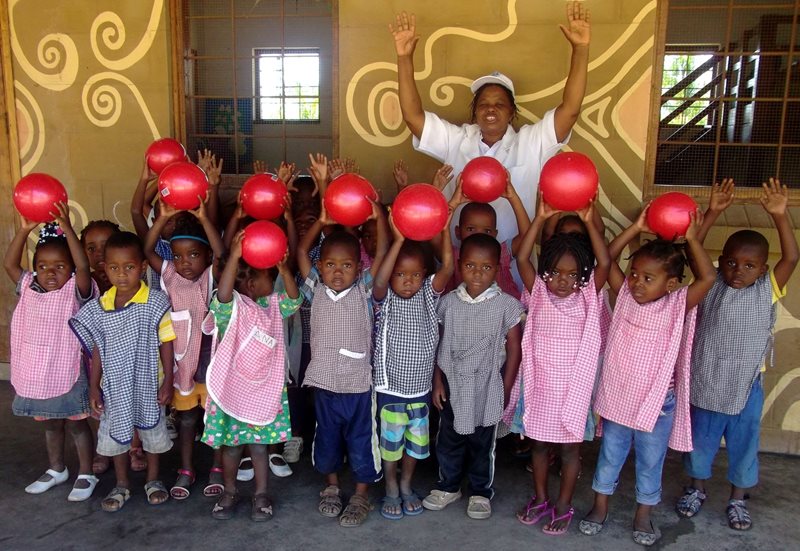Food insecurity continues to affect thousands of families
.jpg?width=800)
The port city of Pemba has a population of approximately 141,000 and is located in north-eastern Mozambique in the province of Cabo Delgado. The majority of the province’s population are of Makonde ethnicity, as well as some Macua and Mwani ethnic groups. The city has become a popular high-end tourist destination due to its beautiful location, Portuguese colonial architecture and coral reef.
In late 2011, massive natural gas fields were discovered just offshore of Pemba. Extraction is conducted by foreign companies and it remains to be seen whether macro-economic growth will benefit the general population.
Poverty reduction has been a political priority in recent years, and significant progress has been made as concerns access to education and health services. However, poverty based on food consumption has remained at high levels, especially for children under the age of five. The slow growth of agricultural productivity in the country, weather shocks, and increasing global food and fuel prices have all negatively impacted the food security of the population.
Gender inequality still excludes women from socioeconomic processes
In Cabo Delgado, a predominantly agricultural region, farming seems less and less like a viable option in life – families have been doing it for generations, yet they continue to live in poverty. A lack of agricultural and scientific knowledge, especially amongst women, further exacerbates their situation. Many men migrate to the cities to search for work, leaving the women to tend the land for long periods of time. However, women and girls are still at a disadvantage when it comes to education; this means that they carry a lot of responsibility but are excluded from agricultural research and policy making.
In fact, gender inequality remains deeply entrenched. Domestic violence and abuse in the home are common, and rarely are they punished. Mozambique passed a law against domestic violence in 2009, but local women have stated that it is not being enforced. A gradual shift in mind-set will therefore be necessary in order to protect women and girls.
What we do in Pemba

SOS Children's Villages began its work in Pemba in 2000.
Family strengthening programme: Today, the family strengthening programme ensures that children have access to essential educational, nutritional and health services. It provides assistance to families affected by HIV/AIDS, for example through counselling services and medical care provided in cooperation with local organisations. In addition, we offer parents guidance on professional skills and income generating activities, as well as psycho-social support.
Family-based care: For children from the region who are no longer able to live with their parents, 15 SOS families can provide a loving home for up to 165 children. In each family, they live with their brothers and sisters and are affectionately cared for by their SOS mother.
Education: The children attend the SOS Kindergarten together with local children from the community. They then go on to complete their primary and secondary education at the nearby school. SOS Children’s Villages built the school and it has been run by the Ministry of Education since 2001. Over 2,600 pupils from the children’s village and the neighbourhood attend the school, making it a very important educational institution in the region.
Support for young adults: When young people from the children’s village are ready to move out of the family home in order to pursue further education or training, the SOS Youth Programme provides shared accommodation. With the support of qualified counsellors, the young adults learn to take responsibility, plan their future and prepare for independent life.